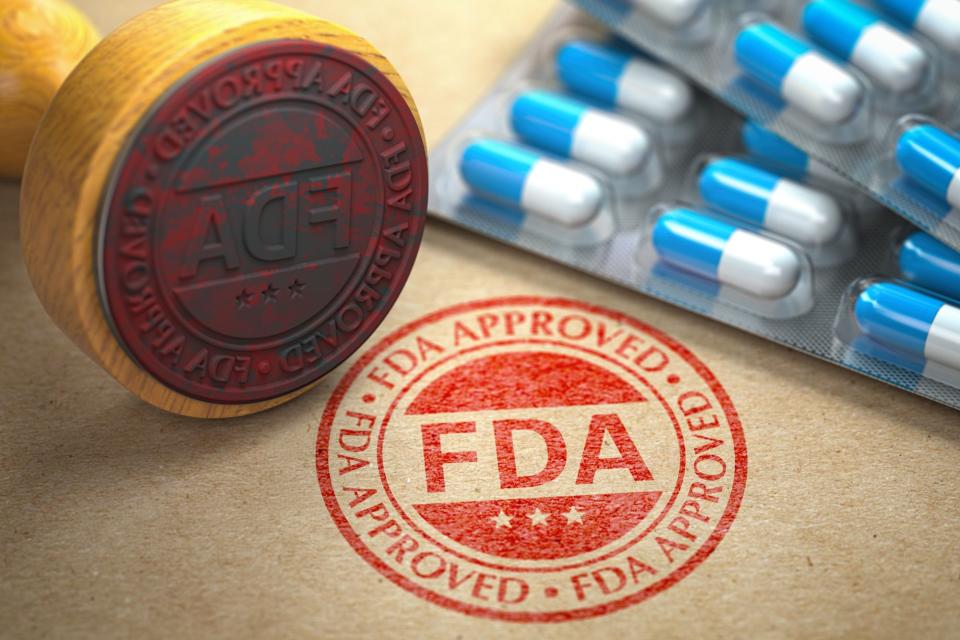
Eli Lilly (NYSE: LLY) received good news from regulators last week: Its Alzheimer’s treatment received the green light from the Food and Drug Administration (FDA).
The new drug, Kisunla, has the potential to be a blockbuster for the company and generate billions in revenue. But despite the recent approval, Eli Lilly’s stock is not increasing.
Typically, when a health care stock receives good news about a long-awaited treatment, the share price increases. In Lilly’s case, that hasn’t happened yet. It even declined for a while after the news. Why doesn’t the stock go away?
The permit had already been purchased at the purchase price of the property
The simple reason Eli Lilly didn’t move after the FDA decision is that it wasn’t unexpected. Now, if the managers had come out and said it wasn’t to proceed with consent, that may result in a significant reduction in health care supplies. But a month earlier, investors learned that an FDA advisory panel was in favor of approving the treatment, and that any risks associated with it outweighed its benefits.
Even before that, there were signs that the drug would receive approval. In clinical studies, donanemab (generic name Kisunla) was as effective as Leqembi, a drug derived from. Biogen which received approval last year. For donanemab not to receive approval would be very surprising given the comparable results it has shown so far.
This looks like a classic case of “buy the rumor, sell the news” for Lilly stock, especially when you consider the short price drop last week. But there is another reason why investors should not be surprised by recent stock movements.
Eli Lilly now owns GLP-1 stock
Kisunla has the potential to bring in $5 billion in annual revenue at its peak. It’s a good product for Lilly and a way for it to diversify its revenue mix, while expanding its operations. But the reason the stock has doubled in the past year isn’t because of the Alzheimer’s treatment or even its solid financials. It has to do with its potential in the anti-obesity market.
Lilly has several therapeutics such as glucagon-like peptide 1 (GLP-1) that have the potential to change games for its business. Zepbound and Mounjaro are the names that investors usually think of when they hear about the company. The former is approved for weight loss while the latter is a treatment for diabetes. Both contain the same active ingredient, tirzepatide, which analysts say could generate $50 billion in annual revenue.
Adding more products to the mix is good news for Eli Lilly, but ultimately it’s GLP-1 that has gotten investors excited about the stock in recent years, and it’s what could move the needle in the future. Getting approval for Kisunla is a positive development for the drugmaker, but investors shouldn’t be surprised that this doesn’t translate into big gains for the stock given that approval was highly unlikely. .
Is Eli Lilly stock still being bought?
Although Lilly’s stock is flat after Kisunla’s approval, that doesn’t mean shares are up. There is still significant growth ahead for the business, especially as it invests more in building and expanding its manufacturing capacity.
The stock is trading at an extremely high price of more than 130 times earnings, but considering how quickly the company’s upside and downside can grow in the future, it may not be too late for that. Long-term investors can buy shares of Eli Lilly. .
Should you invest $1,000 in Eli Lilly right now?
Before you buy stock in Eli Lilly, consider this:
The Motley Fool Stock Advisor a group of analysts have just identified what they believe to be the case The 10 best stocks for investors to buy now… and Eli Lilly was not one of them. The 10 stocks that made the cut could produce monster profits in the coming years.
Think about when Nvidia made this listing on April 15, 2005… if you invested $1,000 during our promotion, you can earn $780,654!*
Stock Advisor offers investors an easy-to-follow plan for success, including a guide to building a portfolio, regular updates from analysts, and two new stock picks every month. The Stock Advisor service has more than four times return of the S&P 500 since 2002*.
View 10 stocks »
*Stock Advisor returns as of July 8, 2024
David Jagielski does not have any position in the stocks mentioned. The Motley Fool recommends Biogen. The Motley Fool has a publicity strategy.
Eli Lilly’s Alzheimer’s Drug Gets FDA Approval. Here’s Why Stocks Won’t Take Off. was originally published by The Motley Fool
#Eli #Lillys #Alzheimers #Drug #FDA #Approval #Heres #Stocks #Wont
